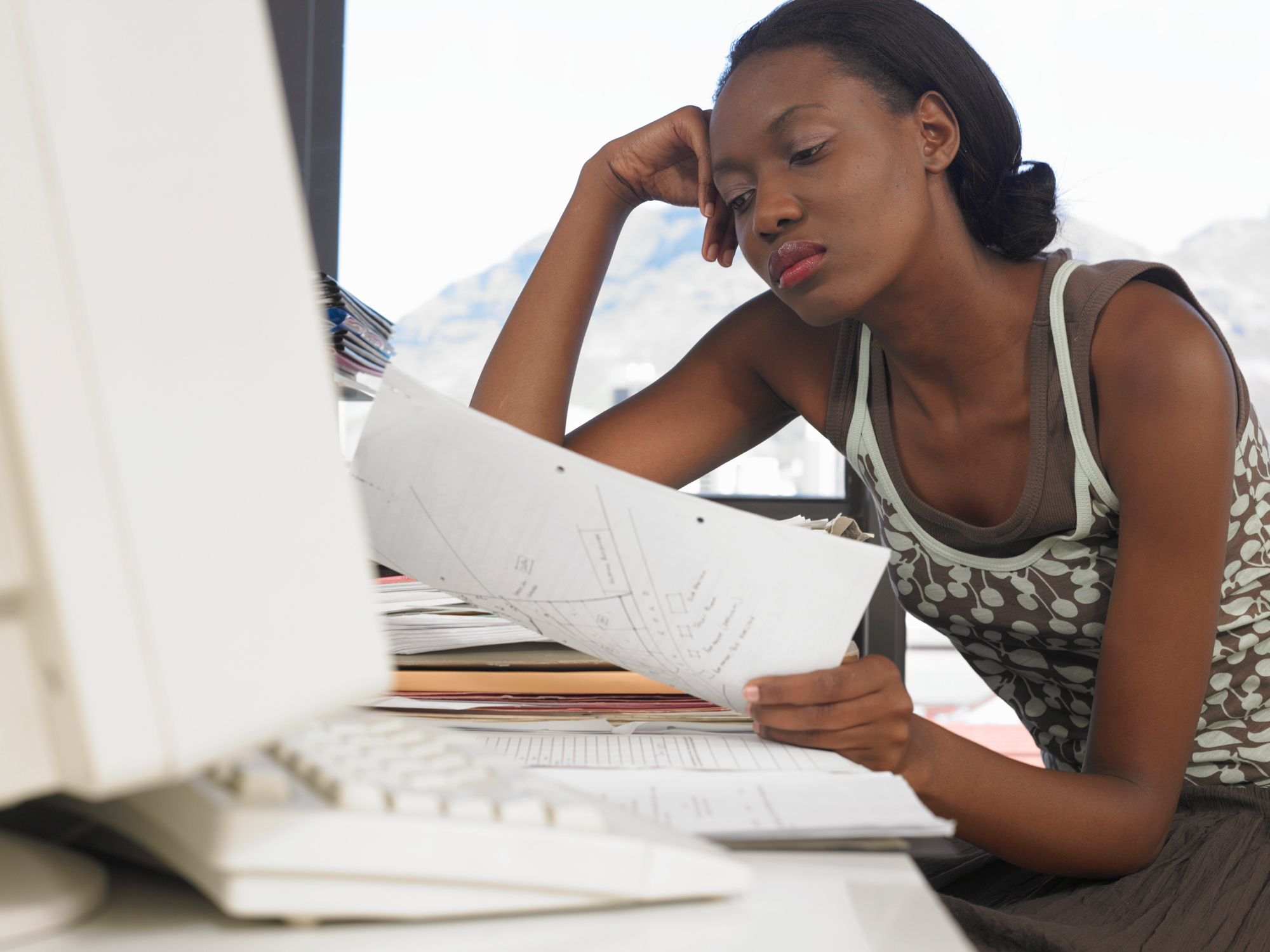Get Easy Health Digest™ in your inbox and don’t miss a thing when you subscribe today. Plus, get the free bonus report, Mother Nature’s Tips, Tricks and Remedies for Cholesterol, Blood Pressure & Blood Sugar as my way of saying welcome to the community!
Quick fix for your afternoon energy slump

Whether you work in an office, behind a cash register or in a classroom, it never fails…
The clock strikes 2 p.m. and your energy and productivity take a dive. You can barely keep your eyes open, let alone finish out your workday.
This mid-afternoon dip in energy is a common phenomenon known as an afternoon slump. And it happens to nearly everybody.
Scientists say you can blame this slump on your body’s circadian rhythm. That’s because your internal biological clock sends out its strongest sleep signals not only at night but between 1:00 and 3:00 in the afternoon too. Go figure!
But whatever the cause, you’d probably love to keep this daily slump from stealing your energy, productivity and maybe even your job.
Now, your first instinct may be to reach for something caffeinated, sugary or both to keep you going strong until the end of the day. But, the truth is, there’s a much healthier and more effective solution to your mid-day energy woes…
The answer to sagging afternoon energy levels
Although a mid-day energy slump can strike people in a variety of professions, it’s most common in office settings where people sit in front of a computer for hours a day. That’s why researchers from the University of Georgia simulated the conditions office workers face (hours upon hours spent in front of a computer screen) to see how the usual solution — caffeine — stacked up to a healthier alternative — exercise.
The researchers also added one other element that affects energy levels into their study. Besides spending hours in front of the computer performing tasks that require attention and memory, study participants were also chronically sleep-deprived and only got around six and a half hours of sleep per night. Needless to say, that made them especially prone to lagging energy levels later in the day.
These study participants either ingested 50 mg caffeine capsules, took a placebo or spent 10 minutes walking up and down stairs at a low-intensity pace to see how it affected their energy levels. And get this…
Taking 50 milligrams of caffeine was about as effective as the placebo at boosting energy levels. But 10 minutes of exercise seemed to do the trick…
“We found, in both the caffeine and the placebo conditions, that there was not much change in how they felt,” said Patrick J. O’Connor, a professor in the department of kinesiology who co-authored the study. “But with exercise they did feel more energetic and vigorous. It was a temporary feeling, felt immediately after the exercise, but with the 50 milligrams of caffeine, we didn’t get as big an effect.”
Now, the study didn’t test the effectiveness of sugary drinks vs. exercise. But do I really need to tell you why turning to sugary drinks for energy is a bad idea? Sugar gives you energy by causing your blood sugar to spike. What goes up, must come down, so your blood sugar will eventually crash, along with your energy levels. In the end, you’ll end up feeling even worse than when you started.
Exercise and nap for more energy
So, clearly the best solution for sluggish energy levels in the second-half of your day is a ten minute exercise break. Whether you go up and down the stairs (like they did in the study), get outside for a walk, do a quick yoga routine in your office or do jumping jacks in the breakroom, you’re sure to feel more energized and ready to finish out your day strong.
On days when you’re not working, but still experience an afternoon energy slump, you may want to try succumbing to your tiredness and taking a nap. Naps have incredible mental and physical health benefits. So grab a quick snooze whenever your schedule allows!
Sources:
-
Skip the soda, opt for the stairs to feel more energized — MedicalXpress. Retrieved April 23, 2017.
-
D. Randolph, et al. “Stair walking is more energizing than low dose caffeine in sleep deprived young women. — Physiology & Behavior, 2017.
-
Sleep Drive and Your Body Clock — National Sleep Foundation. Retrieved April 23, 2017.












